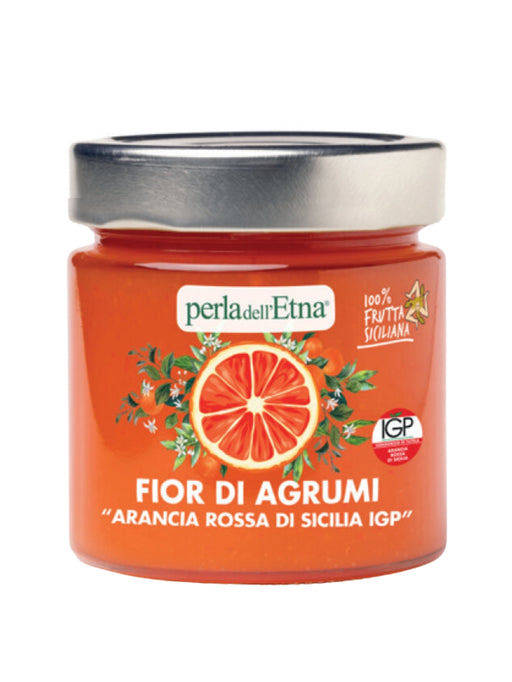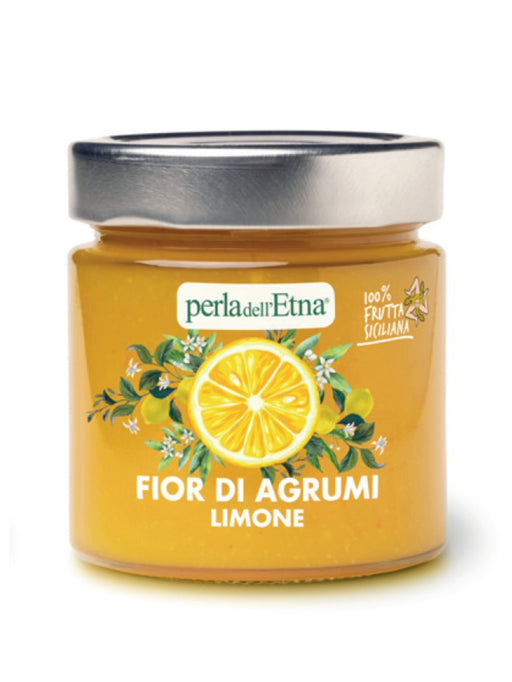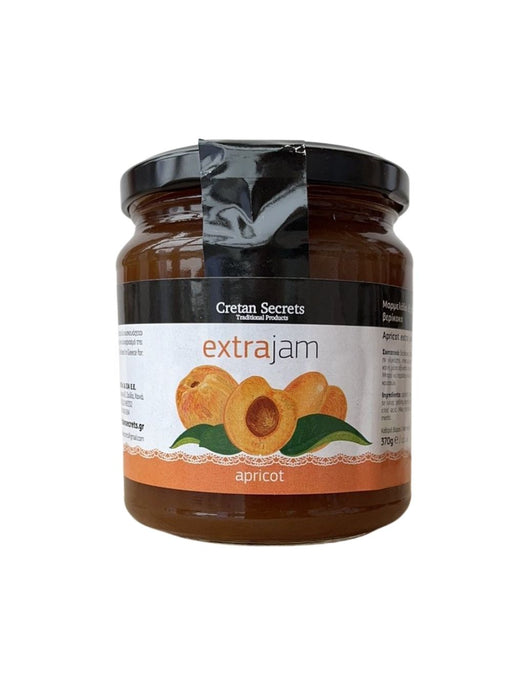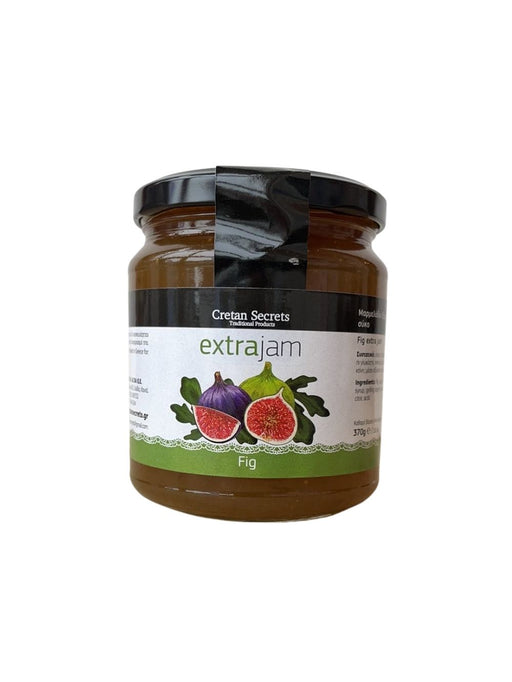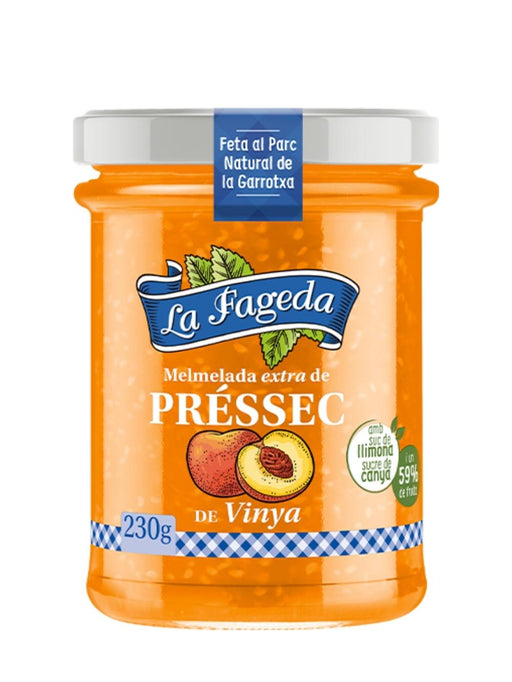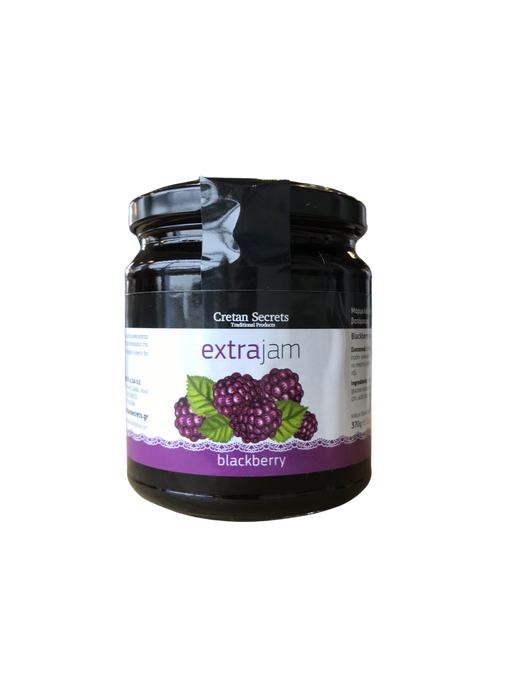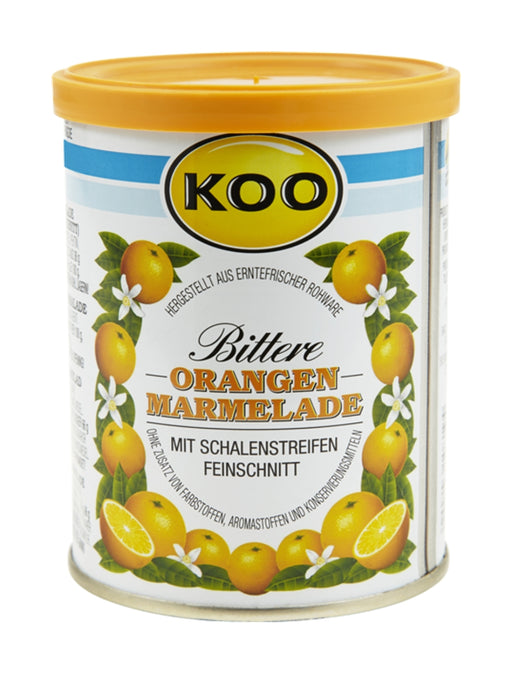Popular items in this category
-
Original price 45,00 DKK - Original price 45,00 DKKOriginal price45,00 DKK45,00 DKK - 45,00 DKKCurrent price 45,00 DKK
Marmalade Apricot 370g
Only 2 left!Traditionally made marmalade with a particularly good taste from Cretan Secret in Crete. Net weight 370 grams INGREDIENTS : APRICOT, SUGAR, GL...
View full detailsOriginal price 45,00 DKK - Original price 45,00 DKKOriginal price45,00 DKK45,00 DKK - 45,00 DKKCurrent price 45,00 DKK -
Original price 45,00 DKK - Original price 45,00 DKKOriginal price45,00 DKK45,00 DKK - 45,00 DKKCurrent price 45,00 DKK
Marmalade Fig 370g
Only 2 left!Delicious Greek fig jam, perfect for the roll, the dessert, the cheese or the pancake! INGREDIENTS : FIG, SUGAR, GLUCOSE SYRUP, STARCH AGENT: PE...
View full detailsOriginal price 45,00 DKK - Original price 45,00 DKKOriginal price45,00 DKK45,00 DKK - 45,00 DKKCurrent price 45,00 DKK -
Original price 38,00 DKK - Original price 38,00 DKKOriginal price38,00 DKK38,00 DKK - 38,00 DKKCurrent price 38,00 DKK
La Fageda Peach Marmalade 230g
2+ in stockThis wonderful jam from La Fageda is made from delicious, sun-ripened peaches and is a wonderful addition to the morning bread! You can also cho...
View full detailsOriginal price 38,00 DKK - Original price 38,00 DKKOriginal price38,00 DKK38,00 DKK - 38,00 DKKCurrent price 38,00 DKK -
Original price 45,00 DKK - Original price 45,00 DKKOriginal price45,00 DKK45,00 DKK - 45,00 DKKCurrent price 45,00 DKK
Blackberry Marmalade 370 gr.
2+ in stockDelicious Greek jam from Cretan Secrets of Blackberries. Net 370 grams INGREDIENTS : BLACKBERRIES, SUGAR, GLUCOSE SYRUP, STARCH AGENT: PECTIN,...
View full detailsOriginal price 45,00 DKK - Original price 45,00 DKKOriginal price45,00 DKK45,00 DKK - 45,00 DKKCurrent price 45,00 DKK -
Original price 37,95 DKK - Original price 37,95 DKKOriginal price37,95 DKK37,95 DKK - 37,95 DKKCurrent price 37,95 DKK
KOO Marmalade Orange 450g
In stockKOO Orange Marmalade is a delicious and fresh marmalade made from juicy oranges. It comes in a practical 450g glass container, which makes it easy ...
View full detailsOriginal price 37,95 DKK - Original price 37,95 DKKOriginal price37,95 DKK37,95 DKK - 37,95 DKKCurrent price 37,95 DKK

